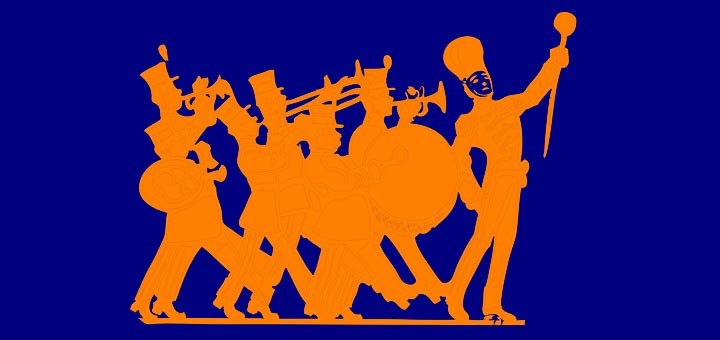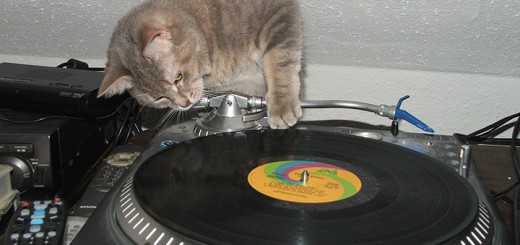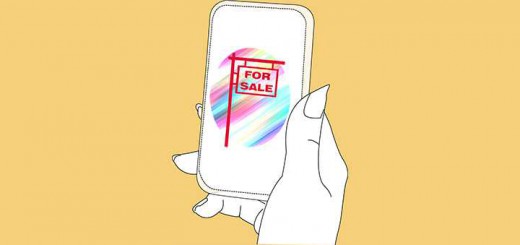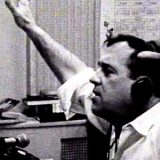What’s Wrong With A Little Hype?
When I worked in advertising I learned a valuable lesson while watching a sad event unfold before my eyes.
An experienced Silicon Valley entrepreneur, who should have known better, believed a carefully-crafted story about his new venture. The story was placed in one of the Valley’s popular trade magazines by the advertising and PR firm I worked for, and it made the venture’s product sound like such a no-brainier it was a wonder the company’s valuation hadn’t hit a billion dollars overnight.
Based on that story, the entrepreneur made some dumb decisions. He dismissed potential competition, he spent unwisely, and he drove the company out of business.
Overnight.
Hype is All Around Us
This is why I cringe when I read posts like the one I found at http://radio-linx.blogspot.com/2016/04/here-us-why-podcasting-wave-will.html. Citing a report from Edison Research, this post summarized some stats that, “…jumped off the page to catch our attention.”
One- Americans own fewer radios today…
Two- Smartphone ownership continues to grow…
Three- Podcast listening is up. In America, 21% of the population listens to at least one podcast per month and 13% listen weekly. For those that listen weekly, the respondents say they listen to an average of five podcasts per week.
The post’s thesis was that that “…the Podcasting Wave Will Continue to Surge.” Give it a quick read to see the supporting data I edited out.
As a producer and fan of podcasting, and a believer in its future, I’m delighted to see how well our community is doing.
And, I’m scared as you-know-what.
Marching Together
Because if podcasters act on this rosy view they risk following that experienced entrepreneur right down the road of poor choices based on industry hype.
A problem with hype is that it tells only one side of a story, and it laces its side with emotionally-loaded descriptions of Wonderland.
Allow me to take the post’s angle and add another dimension to it:
- It’s no longer necessary to own a radio to listen to radio. Most stations have their streaming acts together and their streams are available on their own websites, through their own apps, or through aggregators like TuneIn. The NextRadio app has made significant inroads into the smartphone universe. (The app allows you to listen to local FM radio stations overy the air, without using your data plan.) With the app, if you own a smartphone you own a radio, too;
- Smartphones, as I’ve written before, will become the nexus for all audio entertainment, including terrestrial radio. (See #1 above) It’s faulty logic to argue that radio is struggling by pointing to declines in set ownership. In fact, Millennials still spend 52% of their media listening time with AM/FM radio;
- I admit what follows is driven more by gut feelings based on experience rather than hard data. Nevertheless, I suspect that much of this increased podcast listening is confined to NPR, PodcastOne, Midroll, and other premier platforms such as ESPN. If you listen to their content what do you hear? Radio programs. I doubt an organization such as NPR could maintain its large catalogue of quality podcasts without having a broadcast arm for development.
It’s not that people aren’t listening to the radio. They’re time-shifting their listening, they’re listening on their smartphones, or they’re listening to radio programs that, at present, don’t have slots on a broadcast schedule.
The Band Plays On
Podcasting is increasing its share of the audio entertainment market. But let’s take a beat before we strike up the band and toast ourselves and our success. Podcasting faces formidable challenges from other audio entertainment, including radio.
Especially radio.
Radio is making the automobile dashboard its number one target. The industry is determined to gain market share at the expense of podcasts and pure play streams (think Spotify). By comparison, podcasting’s efforts to secure prime real estate in the dash are falling far short.
Streaming is growing at what might be a faster rate than podcasting. Those streams might be what your listeners are listening to when they’re not listening to your podcast. When listening to a stream becomes a habit, that habit trumps listening to your podcast.
Professionally produced content, regardless of platform, is raising the bar (and the cost) when it comes to the quality of audio entertainment.
Independent podcasters who don’t view their podcasts as hobbies, have such challenges ahead of them. Believing industry hype may make podcasters feel good.
But it shouldn’t encourage lead to join with that entrepreneur and march over a financial cliff.









